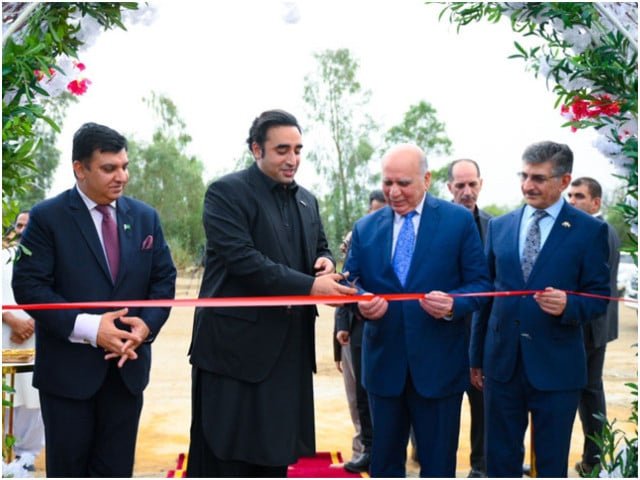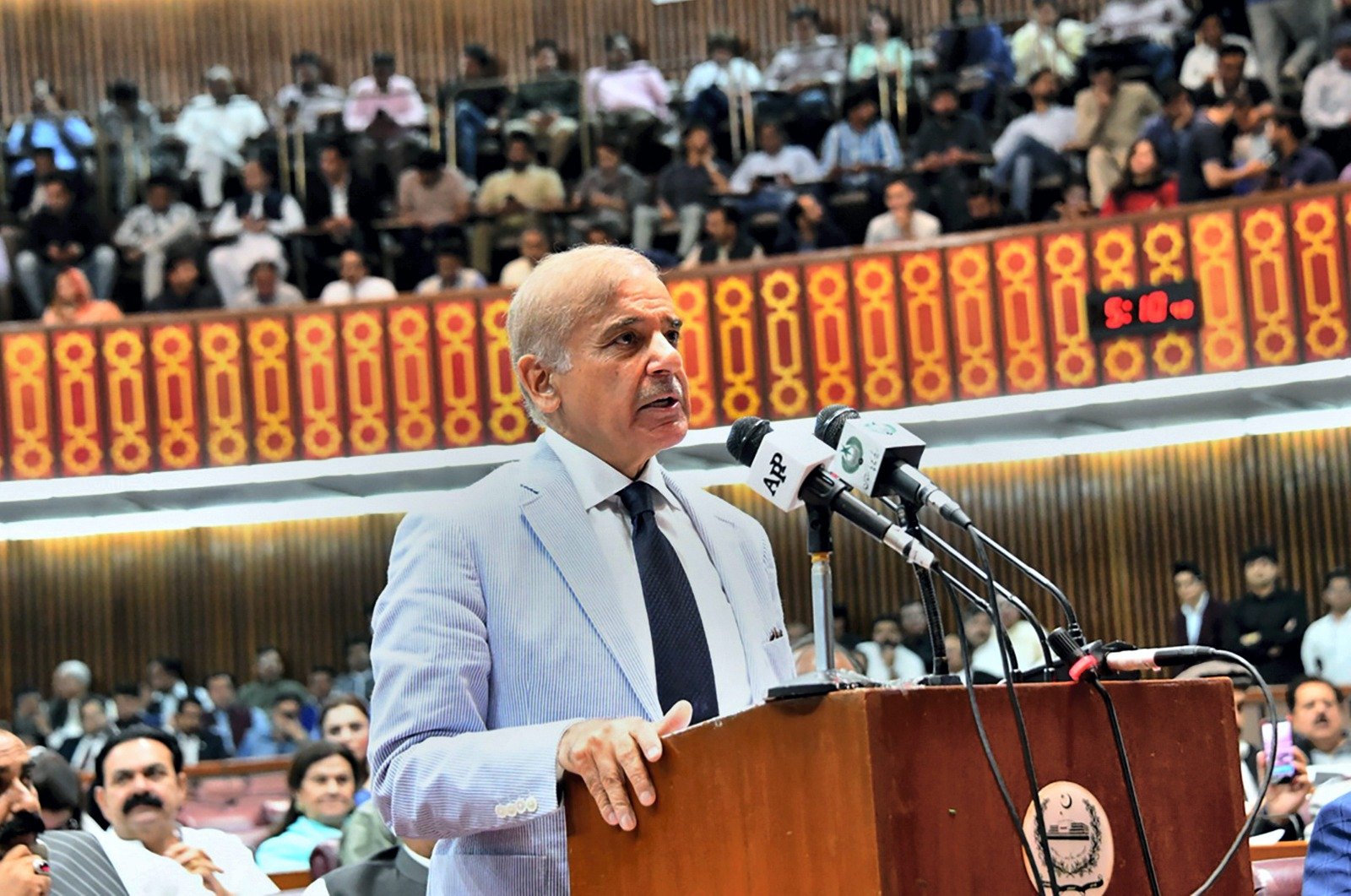Turkey Blocks Instagram and Leaves Users Guessing

Turkey has blocked access to Instagram, according to the country’s Information Technologies and Communication Authority (BTK). This decision was announced on Friday, August 2, without any explanation of the reasons behind the ban or its expected duration.
Background on the Ban
The blocking of Instagram in Turkey comes shortly after comments made by Fahrettin Altun, the communications director for the Turkish presidency. Altun criticized Instagram for allegedly censoring posts expressing condolences over the killing of Ismail Haniyeh, a senior official of the Palestinian militant group Hamas.
Altun’s Criticism
- Accusation of Censorship: Altun publicly accused Instagram of engaging in censorship by blocking these condolence posts. He expressed his discontent on the social media platform X (formerly known as Twitter), stating, “This is censorship, pure and simple.”
- No Cited Policy Violations: Altun also noted that Instagram did not provide any specific policy violations to justify the removal of the posts related to Ismail Haniyeh.
Instagram and Meta’s Response
As of now, there has been no official comment or response from Meta Platforms Inc., the parent company of Instagram, regarding the ban or Altun’s accusations. It remains unclear whether Instagram plans to issue a statement or take any action in response to the Turkish government’s decision.
Potential Impact and Implications
Access Issues:
- Platform Accessibility: Users across Turkey have reported that they are unable to access Instagram, both via the web and through the mobile app. This sudden restriction has affected millions of users who rely on Instagram for social interaction, business, and communication.
- VPN Usage: In response to the block, many Turkish users may turn to Virtual Private Networks (VPNs) to bypass the restrictions and regain access to Instagram. This is a common workaround in countries where social media platforms face temporary or permanent bans.
Political and Social Context:
- Tensions with Social Media Platforms: The move to block Instagram highlights ongoing tensions between the Turkish government and social media platforms. Turkey has previously imposed restrictions and fines on social media companies for failing to comply with local regulations.
- Censorship Concerns: The ban has raised concerns among free speech advocates and human rights organizations about the growing trend of digital censorship in Turkey. Critics argue that such measures stifle free expression and limit access to information.
Previous Instances of Social Media Bans in Turkey
Turkey has a history of temporarily blocking social media platforms and websites, particularly during periods of political tension or national security concerns. In the past, platforms like Twitter, Facebook, and YouTube have faced similar restrictions for various reasons, including the spread of misinformation, political dissent, or alleged violations of Turkish laws.
Notable Past Bans:
- YouTube and Twitter (2014):
- Reason: Leaked audio recordings allegedly implicating government officials in corruption scandals.
- Outcome: Both platforms were blocked for several weeks until they complied with Turkish court orders to remove specific content.
- Wikipedia (2017-2020):
- Reason: Articles that were critical of the Turkish government and alleged its involvement in terrorism.
- Outcome: The site was banned for nearly three years before Turkey’s Constitutional Court ruled that the ban violated freedom of expression rights.
- TikTok and Facebook (2020):
- Reason: Failure to appoint local representatives and comply with data storage regulations under Turkey’s social media law.
- Outcome: Temporary fines and bandwidth reductions were imposed until compliance was achieved.
Possible Reasons Behind the Ban
While no official explanation has been provided, several factors could have contributed to the decision to block Instagram in Turkey:
- Political Sensitivity:
- The Turkish government may have deemed the posts related to Ismail Haniyeh as politically sensitive, potentially inciting public unrest or criticism against the government.
- Content Regulation:
- The block could be a part of broader efforts to regulate and control the flow of information on social media platforms, especially concerning topics related to national security and foreign policy.
- Pressure on Social Media Companies:
- Turkey may be exerting pressure on social media platforms to comply with its stringent content moderation policies, particularly when it comes to content deemed harmful or offensive by the authorities.
The blocking of Instagram in Turkey underscores the complex relationship between the government and social media platforms. As the situation develops, it remains to be seen whether Turkey will lift the ban or if Meta Platforms Inc. will respond to the accusations of censorship. For now, Turkish users are facing restricted access to one of the world’s most popular social media platforms, sparking debates over digital freedom and government intervention in the digital space.










